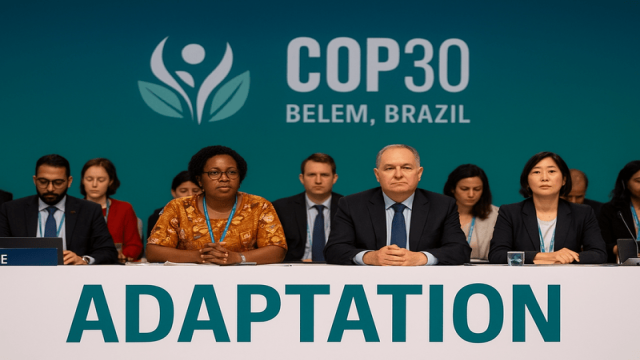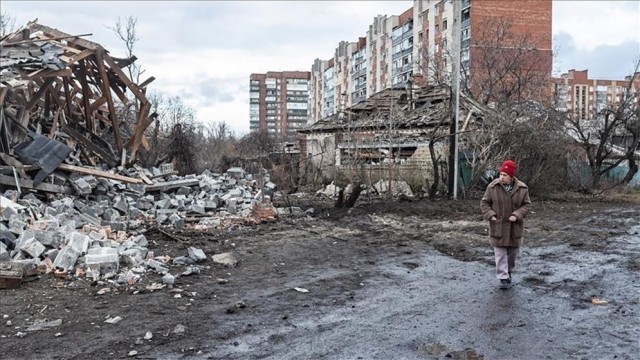Belem, Brazil, Nov 11 (V7N) — As powerful typhoons swept across Southeast Asia and communities in Jamaica and Brazil continued to clear the wreckage from recent storms, world delegates at Brazil’s COP30 climate summit began tackling one of the most pressing global challenges: helping vulnerable nations adapt to intensifying climate disasters.
The issue of “climate adaptation” has taken center stage as global efforts to reduce greenhouse gas emissions remain insufficient to prevent dangerous temperature rise and worsening weather extremes. According to a recent United Nations report, developing nations will require up to $310 billion annually by 2035 to prepare for and withstand the impacts of climate change — from floods and droughts to devastating cyclones and heatwaves.
Despite the growing urgency, the question of where this massive funding will come from remains unresolved. On Monday, ten of the world’s leading development banks reaffirmed their commitment to support adaptation measures, stressing the importance of financial cooperation to protect vulnerable populations.
“Lives, well-being, and livelihoods cannot be sustained where homes, schools, farms, and businesses are repeatedly threatened by flooding, drought, or other climate extremes,” the banks said in a joint statement. Last year alone, these institutions directed more than $26 billion toward adaptation projects in low- and middle-income countries.
In a separate initiative, the director of a U.N.-backed multi-partner fund told Reuters that the organization plans to launch a new climate impact bond aimed at raising $200 million by the end of 2026. The fund will focus on enhancing climate resilience in some of the world’s most at-risk regions, where communities are already facing the harsh realities of a rapidly changing climate.
As the COP30 summit continues in Belem, negotiators face mounting pressure to deliver concrete financial solutions and global cooperation frameworks to bridge the growing adaptation gap — a critical step in protecting both people and economies from the accelerating impacts of climate change.
END/WD/SMA/































Comment: